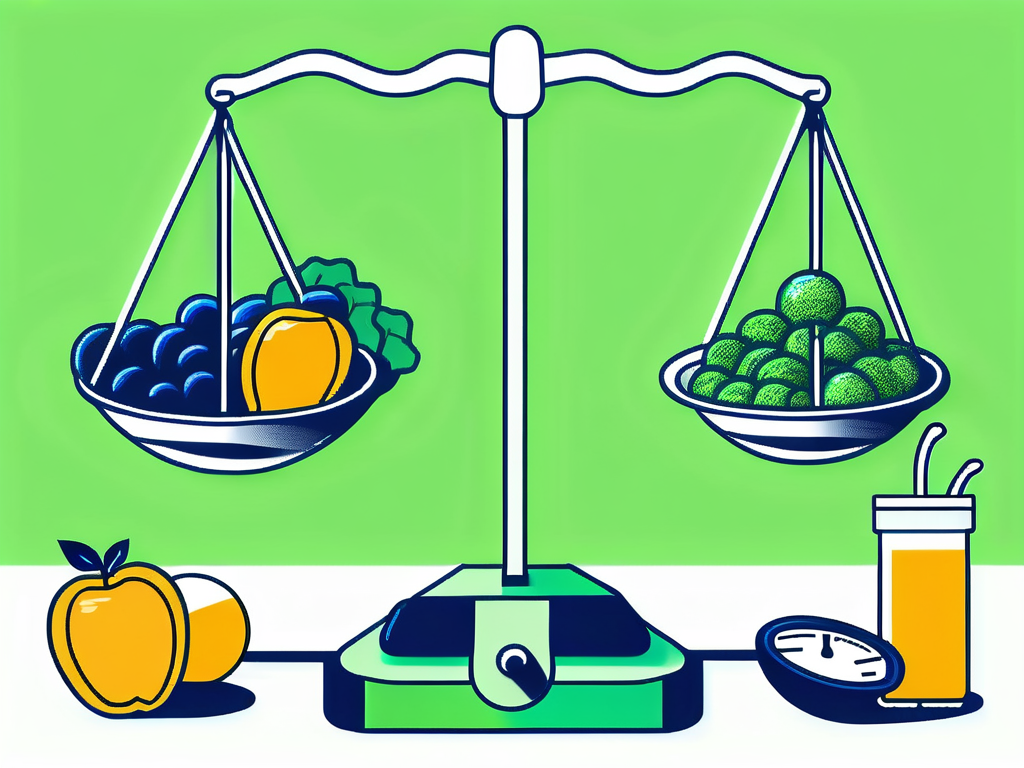Eating disorders are a significant issue within the athletic community, impacting both male and female athletes across various sports. These disorders can have severe physical and psychological consequences, affecting an athlete’s performance, health, and overall well-being. It’s crucial to address these issues with targeted treatment strategies that consider the unique needs of athletes. Below is a quick overview of recommended treatment options for athletes struggling with eating disorders.
Quick Overview of Treatment Options for Athletes:
- Medical Treatment: Medical monitoring and management of health complications due to eating disorders.
- Nutritional Therapy: Personalized meal plans and nutrition education to support recovery and athletic performance.
- Psychological Therapy: Cognitive Behavioral Therapy (CBT), Family-Based Therapy (FBT), and Interpersonal Psychotherapy (IPT) to address underlying emotional and cognitive factors.
- Prevention and Education Programs: Promoting a healthy and realistic body image and educating athletes, coaches, and support staff.
- Multidisciplinary Treatment Approach: Involvement of a team of dietitians, therapists, and sports medicine professionals.
Understanding Eating Disorders in Athletes
Eating disorders are complex mental health conditions that involve unhealthy relationships with food, body image, and self-perception. In athletes, these disorders can be exacerbated by the pressure to maintain a certain body type or weight for competitive advantage. Common eating disorders among athletes include Anorexia Nervosa, Bulimia Nervosa, and Eating Disorder Not Otherwise Specified (EDNOS).
- Anorexia Nervosa: Characterized by an intense fear of gaining weight and a distorted body image, leading to self-imposed starvation and excessive weight loss.
- Bulimia Nervosa: Involves cycles of binge eating followed by compensatory behaviors such as self-induced vomiting or excessive exercise.
- EDNOS: Describes eating disorder behaviors that do not meet the full criteria for Anorexia or Bulimia.
Early detection and intervention are crucial for recovery, so athletes, coaches, and support staff must be aware of the signs and symptoms.
Treatment Approaches for Eating Disorders in Athletes
Treating eating disorders in athletes requires a multidisciplinary approach that addresses the physical, nutritional, and psychological components of the disorder.

1. Medical Treatment
Medical treatment is often the first step in managing eating disorders, especially when an athlete’s health is at immediate risk. This may involve hospitalization or outpatient care to address malnutrition, dehydration, or other complications. Regular medical monitoring is crucial throughout the recovery process.
2. Nutritional Therapy
A registered dietitian can help athletes develop a healthy relationship with food. Nutritional therapy focuses on restoring weight and promoting balanced, non-restrictive eating patterns. This includes personalized meal planning and education on the role of nutrition in athletic performance.
3. Psychological Therapy
Psychological therapy is a cornerstone of treatment, addressing the underlying emotional and cognitive factors. Common therapeutic approaches include:
- Cognitive Behavioral Therapy (CBT): Helps athletes identify and challenge distorted thoughts and beliefs.
- Family-Based Therapy (FBT): Involves family members in treatment, which is particularly beneficial for younger athletes.
- Interpersonal Psychotherapy (IPT): Focuses on resolving interpersonal issues that may contribute to disordered eating behaviors.
4. Prevention and Education Programs
Prevention efforts are key to reducing the prevalence of eating disorders among athletes. This includes educating athletes about the risks of disordered eating and promoting a positive, supportive team environment that values health and well-being over appearance or weight.
5. Multidisciplinary Treatment Approach
Athletes benefit from a team of professionals, including dietitians, therapists, and sports medicine specialists, who collaborate to provide comprehensive care that addresses the disorder’s physical, emotional, and psychological aspects.
Conclusion
Eating disorders are a serious issue within the athletic community, but recovery is possible with the right treatment and support. By understanding the complexities of these disorders and implementing effective treatment strategies, we can help athletes regain their health, performance, and passion for their sport.
If you or someone you know is struggling with an eating disorder, it’s important to seek professional help. Early intervention can significantly improve the chances of recovery, so don’t hesitate to reach out to a healthcare professional. ViaMar Health offers specialized programs tailored to the unique needs of athletes, including individual therapy, nutritional guidance, and family support. Speak with an Admission Specialist today to start your recovery journey.




